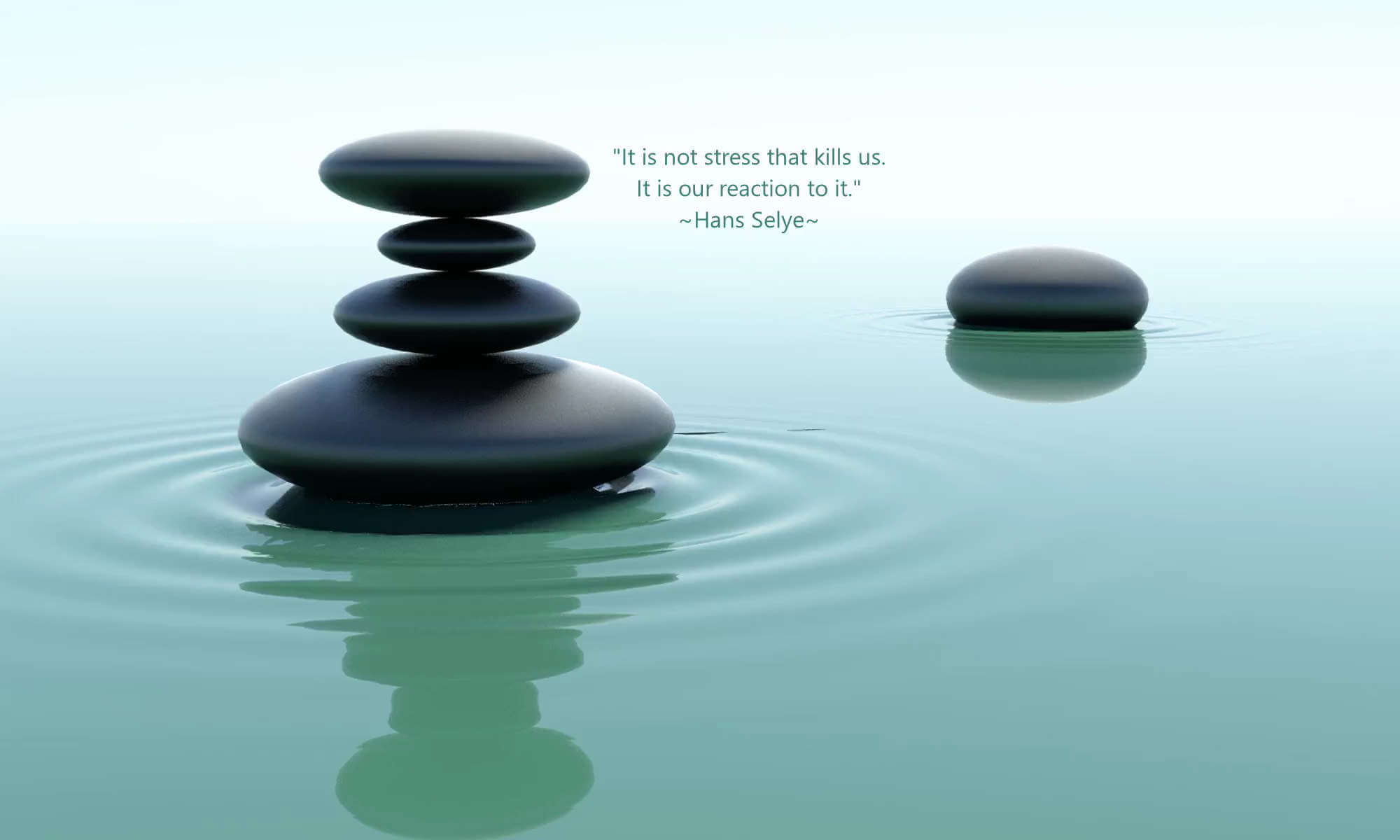Most adults require between 7 and 9 hours sleep per night to function well. Disrupted sleep is often one of the first signs of emotional distress and can take the form of an inability to fall asleep, restlessness, nightmares, frequent waking, or a combination of all of these. Regular lack of sleep can contribute to irritability, anxiety and depression as well as amplify pre-existing conditions. Therefore, getting enough sleep is an important factor in coping. Read on for some tips for improving sleep.
Develop a consistent sleep routine
Routines help tell your body it is time for sleep. An example of a sleep routine might be spending the hour before bed winding down, brush teeth, get into pyjamas, read, or listen to a sleep meditation and then fall asleep. Try having dinner and going to bed at roughly the same time each night. Allow enough time for sleep.
Relaxation
Winding down and reducing stress is an important part of preparing for sleep. Having a bath, doing something you enjoy in the evening, or try doing a meditation or yoga at the end of the day. You can download my 25 minute progressive muscle relaxation audio track at www.livewellnow.com.au/client-resources . Listening to classical or relaxation music whilst sleeping can assist in relaxing the mind and body. Reading before bed can also help take your mind off worries. Being in a state of relaxation is essential to be able to sleep so if you have been trying unsuccessfully to fall asleep for awhile and have become agitated or restless it is important to take a break from trying to fall asleep and try a quiet activity such as reading, meditating or doing a relaxation exercise, and then trying again once sleepy and relaxed.
Focus the mind
Many people find that it is when lying in bed trying to get to sleep that feelings and worries tend to come to the surface. Clearing the mind by working through worries during the day can reduce the need for your mind to problem solve at night (see my Problem Solving Worksheet https://www.livewellnow.com.au/resources-downloads/ for a process of dealing with problems and worries). Write a to do list so that you do not have to keep going over the things you need to do can help ease your mind. Counting is one way of focusing the mind away from our problems and worries. Try counting backwards in time with your breath. Imagine you are walking down a stairwell as you count backwards and with each step your body is getting heavier and you are getting more relaxed. You can also download and try my “Getting Back to Sleep” audio Track at www.livewellnow.com.au/client-resources .
Meditation and Mindfulness
There are many meditation and mindfulness apps available now. Smiling Mind is a free Australian app that has a 21 day sleep program as well as other meditations. At the time of writing the website Mindfulness Exercises also has a free sleep course https://mindfulnessexercises.com/free-online-mindfulness-courses/sleep-meditations/ . Regular meditation can be helpful in reducing stress and calming the mind.
Natural sleep remedies
Lavender oil– put some lavender oil on a handkerchief and place on your pillow at bedtime
Chamomile and green tea have both been shown to have calming effects
Valerian – commonly used for insomnia but works best over a period of time therefore you will need to take this one hour before bed for at least 3 weeks to gain the most benefit. About 10% of the population become more alert after taking valerian. If this is you, try taking it during the day instead.
Magnesium and calcium – magnesium deficiency has been linked to poor sleep. Supplements are available from health food shops or you can increase your intake of magnesium rich foods such as green leafy vegetables, wheat germ, pumpkin seeds, and almonds. Magnesium salts can also be used in a bath.
Sleep and stress herbal blends can be purchased from any good health food shop.
Exercise
Regular exercise is important for good health and stress management. Even as little as 20 minutes of exercise 3 to 5 times per week can increase feelings of happiness, reduce stress and promote optimum body functioning. The best time to exercise to help with sleep is in the late afternoon or in the morning. Avoid exercising within 4 hours of going to bed as exercise increases our body temperature which is not conducive to sleep.
Things to avoid
Caffeine, especially after 4pm, try a herbal tea instead.
Sweet food, such as chocolate, confectionery and desserts, especially close to bedtime. Try a protein snack such as some nuts, a boiled egg, cheese, yoghurt or glass of warm milk before bed instead.
Watching TV or using electronic devices in bed. Turn off all mobile phones and electronic devices before getting into bed. Ensure all notifications are switched off if you require the phone on.
Taking a nap in the afternoon can disrupt the sleep/wake cycle.
Still Having Trouble Falling or Staying Asleep?
If you have tried all of the above and still have trouble falling or staying asleep then it may be time to speak to your GP to discuss medications that may be able to assist or any medical conditions that may be impacting on sleep, such as sleep apnoea.
